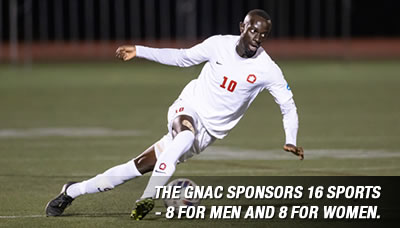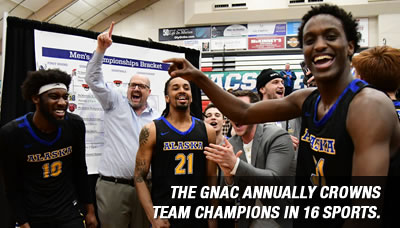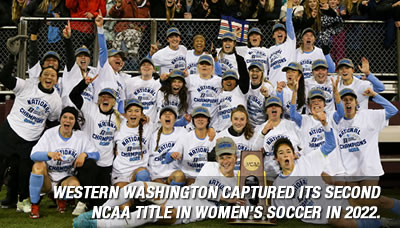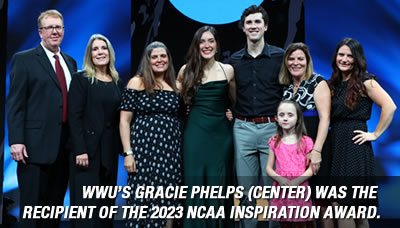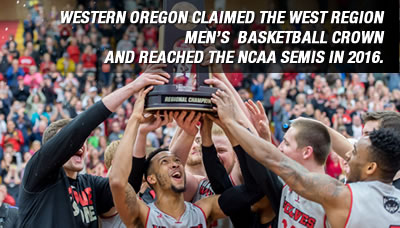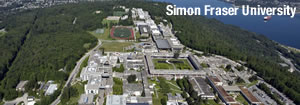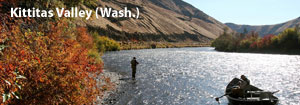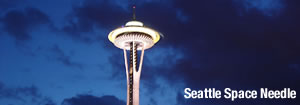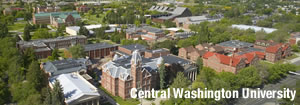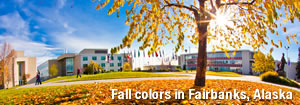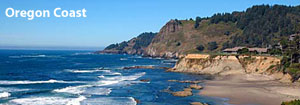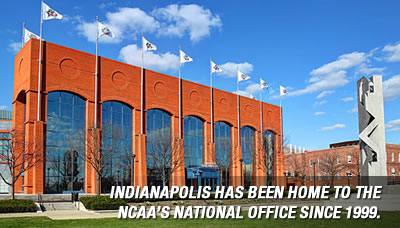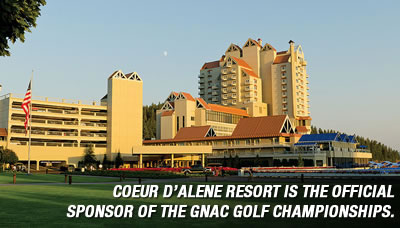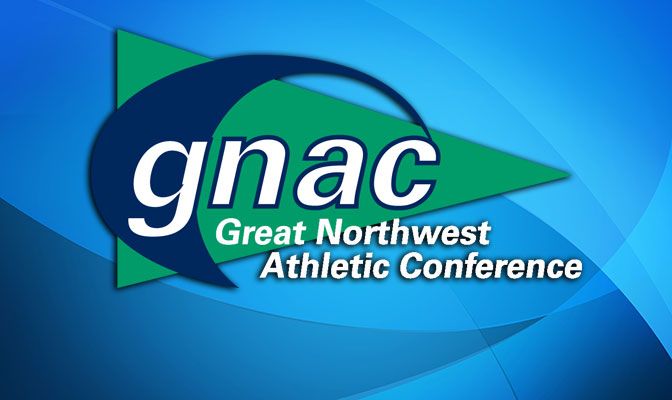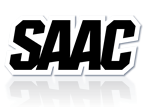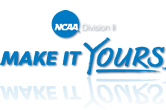Monday, April 6, 2020
Due to developments related to COVID-19, the GNAC announced March 16 the cancellation of all conference and non-conference athletic contests and the suspension of all Countable Athletically Related Activities (CARA) for the remainder of the 2019-20 academic year. This prohibition included team and individual practices, meetings, and other organized gatherings. At the time, the conference determined it would continually assess the situation for possible re-evaluation.
Upon further evaluation, and based on a desire to foster team chemistry and support the mental health of student-athletes through engagement with their coaches and teammates, GNAC student-athlete CARA policies listed below become effective April 7, 2020. All organized team physical athletically related activities remain suspended.
The approved activities listed below must end one week before finals for the spring 2020 semester/quarter for each respective member institution. After such time, all sports would be considered out of season (i.e. summer bylaw 17 restrictions) and only voluntary CARA per 17.02.17 could occur.
- In-person organized CARA of any type is not allowed, regardless of sport or activity location. This restriction does not prohibit voluntary CARA performed by student-athletes, on their own time and at a safe location. Student-athletes must continue to follow applicable public health and safety guidelines and community restrictions.
- On-line supervised “virtual CARA” physical workouts and skill instruction are not permitted, regardless of location.
- The following “virtual CARA” non-physical activities are permitted with the following restrictions:
a. All “virtual CARA” non-physical activities, including film study, are limited to eight hours per week in all sports. Please note: each sport program is still required to report all CARA per institutional process.
b. Only NCAA Division II “certified” coaches may conduct these “virtual” team meetings, chalk talks, film study sessions, technical discussions, tactical sessions and other non-physical activities.
c. Updated April 16, 2020: Prospective student-athletes, including prospective student-athletes who have signed an NLI or an athletic aid agreement, may be involved in an institution’s “virtual” activities that do not trigger CARA.
d. It is required that coaches provide student-athletes two days off each week from “virtual CARA” non-physical activities.
e. Coaches are prohibited from penalizing any student-athlete for not participating in any “virtual CARA” non-physical activities.
f. End date: all “virtual CARA” non-physical activities required by teams/institutions must end by one week before the institution’s final exams for the spring 2020 semester/quarter.
- For the purpose of “checking in” regarding academics and student-athlete well-being, coaches may continue (without restriction) to communicate with student-athletes via phone, computer, social media, etc.
- Coaches can recommend written, self-directed, voluntary workout plans provided they are approved in accordance with proper procedures as outlined by each institution’s appropriate sport performance, medical and/or athletic training personnel (and in accordance with the NCAA Recommendations on Preventing Catastrophic Injury and Death). Taped demonstration videos on respective workout plans are allowed in order to demonstrate proper form and technique. Institutional personnel may not supervise, conduct or monitor workouts on or off-campus, or virtually.
- In-person, on-campus meals and nutritional supplements may be provided in situations where student-athletes are unable to leave campus. Off-campus nutritional supplements are limited to the permissible items as outlined in NCAA Bylaw 16.5.1(e).
Thanks to the Mid-America Intercollegiate Athletics Association (MIAA), a fellow DII conference, for its work in originally developing this virtual CARA policy.

